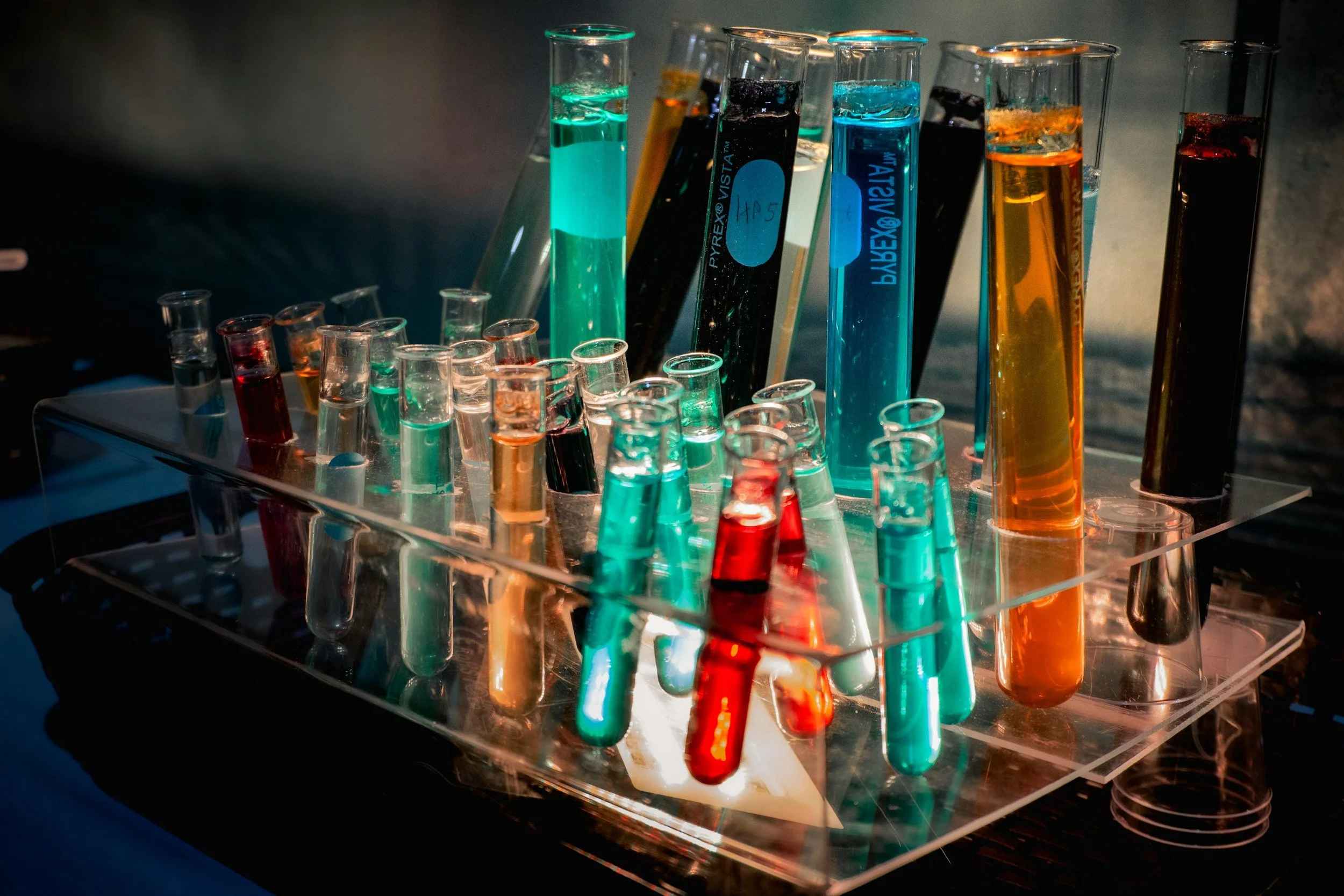How to Succeed at a Science Fair: Design Good Experiments.
I have a Hypothesis, Now What?
Your Observations about an interesting phenomenon have provided you with the Question that needs to be addressed. Your Hypothesis and Prediction(s) will provide you with a framework to Design your Experiments so that you can start collecting your Results. When designing your experiments, there are two key factors to consider, Independent Variables and appropriate Controls.
What is an Independent Variable?
Independent Variables are scenarios devised by you, the scientist; the variables that you control. This is to be distinguished from the Dependent Variable, the variable that is controlled by the Independent Variable, in other words, the Results. It is also distinguished from variables that you are not controlling but that can also affect your results and skew the data away from the true answer. We will talk about this later.
Science Insight
Did you know that the independent variable is plotted on the X-axis of a graph while the dependent variable is plotted on the Y-axis? For more advice on expressing your data, CONTACT ME, your Microbe Mentor..
Free 15-minute consultation available.Case Study 1: Examples of Independent and Dependent Variables in an Experiment
In an experiment that addresses how long it takes a beetle larvae to pupate (form a cocoon) at different environmental temperatures, an example of an independent variable would be a given temperature. The corresponding dependent variable would be how long it takes the larvae to develop into pupae at that temperature. One cannot know what the dependent variable will be until the data presents that answer!
Case Study 2: BE FAIR! Are all the Other Variables the Same for each Independent Variable? The Importance of Controls.
Let us say that you are examining how long it takes larvae to pupate over a range of temperatures (0 degrees Celsius to 50 degrees Celsius). Can you demonstrate that all the other variables that are not being evaluated are the same at each of these temperatures?
Firstly, we will assume that all the larvae are the same age, as they should be. But, are the light intensity, the oxygen levels, the humidity levels, etc. the same at each temperature? This is where controls are applied. Meters that measure these environmental variables could confirm that all the untested variables are the same.
What if you find that the incubator is more humid at 50 degrees Celsius than at the lower temperatures? Then you will have to somehow ensure that the humidity of all the other incubators is the same as at 50 degrees or the data may be skewed if it happens that humidity also affects the time that it takes beetle larvae to pupate.
How to Succeed at a Science Fair: Choose a Strong Topic and Hypothesis.
Another key to a winning science fair project is to choose an appropriate topic and to construct a strong hypothesis.
“Let your project reflect your curiosity—and keep your hypothesis testable and concise.”
Choosing a Strong Topic
When deciding on the topic that you want to study and then present at a competition, the first consideration is that the project should be personally interesting to you and that the project should encourage curiosity for both you and the audience. Other things to consider,
Is the project safe and ethical?
Is the project appropriate for your age? Will the judges believe that you conceived the project, designed and executed the experiments?
Is the hypothesis testable?
Is your project simple or too multifaceted?
Are the materials affordable and easily obtainable?
Can your project be completed in a timely fashion?
Below is a table that summarizes when science fair competitions typically occur during the school year; this will help guide you in choosing your project.
Free Resource: You may download a PDF of this Timeline here.
Science Fair Timelines (Grades 5-12):Progression of Science Fairs from School Level to National Competitions
| Competition Level | Application/Submission Period | Competition Date |
|---|---|---|
| School Level | January-February | January-February |
| District/Regional | December-February | February-Early March |
| State | December-February | Early March |
| National (ISEF) | Via State Qualifiers | May 10-16, 2025 (Phoenix, AZ) |
| Broadcom (ISEF) | Nomination Via Regionals | May 10-16, 2025 (Phoenix, AZ) |
Building a Strong Hypothesis
Now that you have made an observation and asked a question about the phenomenon that you will be analyzing in the next few weeks or months, you will need to come up with a strong hypothesis. Remember, a hypothesis is an idea that can be tested, so your idea should be testable. Keep your hypothesis simple; if you add too many variables to your hypothesis, it may become more difficult to design your experiments and interpret the results of these experiments. If you remember the “Our car will not start” scenario from the previous blog, we proposed only one hypothesis. The results of the experiments may or may not support your original hypothesis and prediction(s); and that is the time to devise a new hypothesis if you have time to conduct additional experiments before the competition. If you are short on time, the Discussion (or Draw Conclusions) section is the time to introduce alternative approaches.
When you construct a hypothesis, you should be able to make a prediction of what you expect the results (data) to be based on your experiments. You should avoid using vague predictions; I suggest that you use the “If…, Then…” structure, as we used in the car scenario in the last blog. A hypothesis is evaluated by a set of fair experiments; the purpose of these experiments is not to PROVE that one’s prediction is correct.
Final Thoughts
As you choose your topic and design your project, remember that SCIENCE is about enjoying the process of discovery, this is accomplished by choosing a subject that you like and find interesting and by adhering to proper scientific method.
If you or your student needs help getting started, choosing a topic, or preparing to present, I offer one-on-one science fair coaching for students in grades 5-12. Click here to schedule a free consultation.





